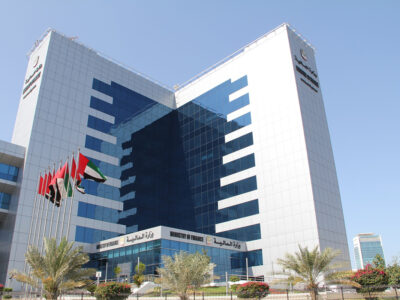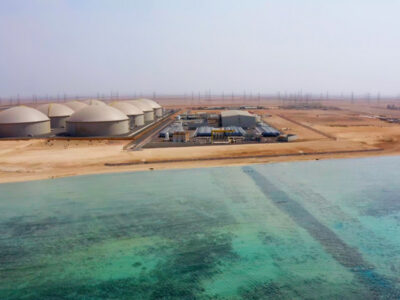Global Islamic banking assets are worth $4tn, according to data presented by the Al Huda Centre of Islamic Banking and Economics.
In an era where ethical and sustainable finance is gaining prominence on the global stage, the Islamic banking and finance industry has emerged as a source of responsible financial practices.
It has emerged as an effective tool for financing development worldwide, including in non-Muslim countries.
Islamic banking industry
Major financial markets are increasingly recognising the potential of Islamic finance to help address the challenges of ending extreme poverty and boosting shared prosperity.
The global Islamic banking industry is growing rapidly. In 2023, the industry assets reached $4tn, and are poised to register a compound annual growth rate (CAGR) of 10 per cent during the forecast period.
In 2021, Islamic finance assets amounted to $3.6tn, the highest recorded growth for the industry.
The prospects look positive, with the sector set to rise to almost $5tn by 2025.
This growth is being driven by a number of factors, including:
- The increasing demand for Sharia-compliant financial products and services
- The growing population of Muslims
- The increasing awareness of the benefits of Islamic finance.
The growth of Islamic banking setup in non-Muslims countries reflects the power and potential of Islamic banking as a global financial force.
Islamic finance development is mainly driven by its two biggest segments, Islamic banks and Sukuk.
By 2022, the GCC accounts 44 per cent of total Islamic finance assets, the MENA region accounting for 26.3 per cent, Southeast Asia accounting for 24 per cent, and Europe Asia, America and Africa accounting for the rest.
The Islamic finance market is fragmented, with a large number of players trying to grab a significant chunk of the developing markets.
In some regions, like Asia and Africa, it is moderately growing with the presence of a large number of local players and some foreign players.
However, the GCC is a highly competitive market with a large number of international players.
Bank Al Rajhi, Dubai Islamic Bank, and Kuwait House Finance are among the major players present in the region.
In terms of Islamic finance assets distribution, about 70 per cent is under the Islamic banking sector, followed by 19 per cent under Sukuk, five per cent under Islamic funds, four per cent under other IFIs and the remaining 2 per cent under takaful sector.
Furthermore, Fintech’s adoption in the Islamic social finance space is particularly an interesting area of innovation, promising greater access, coverage, efficiency and governance benefits to all stakeholders involved.
In the Global Islamic Fintech Report 2021, Malaysia was ranked at the top of the list based on the GIFT index factors across five different categories:
- Talent
- Regulation
- Infrastructure
- Islamic FinTech market and ecosystem
- Capital
Malaysia leads the other 64 countries in terms of capital growth and FinTech ecosystem conduciveness.
Muhammad Zubair, the CEO of Alhuda Centre of Islamic Banking and Economics said the firm is committed to promote the global growth of Islamic banking and finance.
He believes that Islamic finance is a sustainable and ethical financial system that can benefit people of all faiths.





